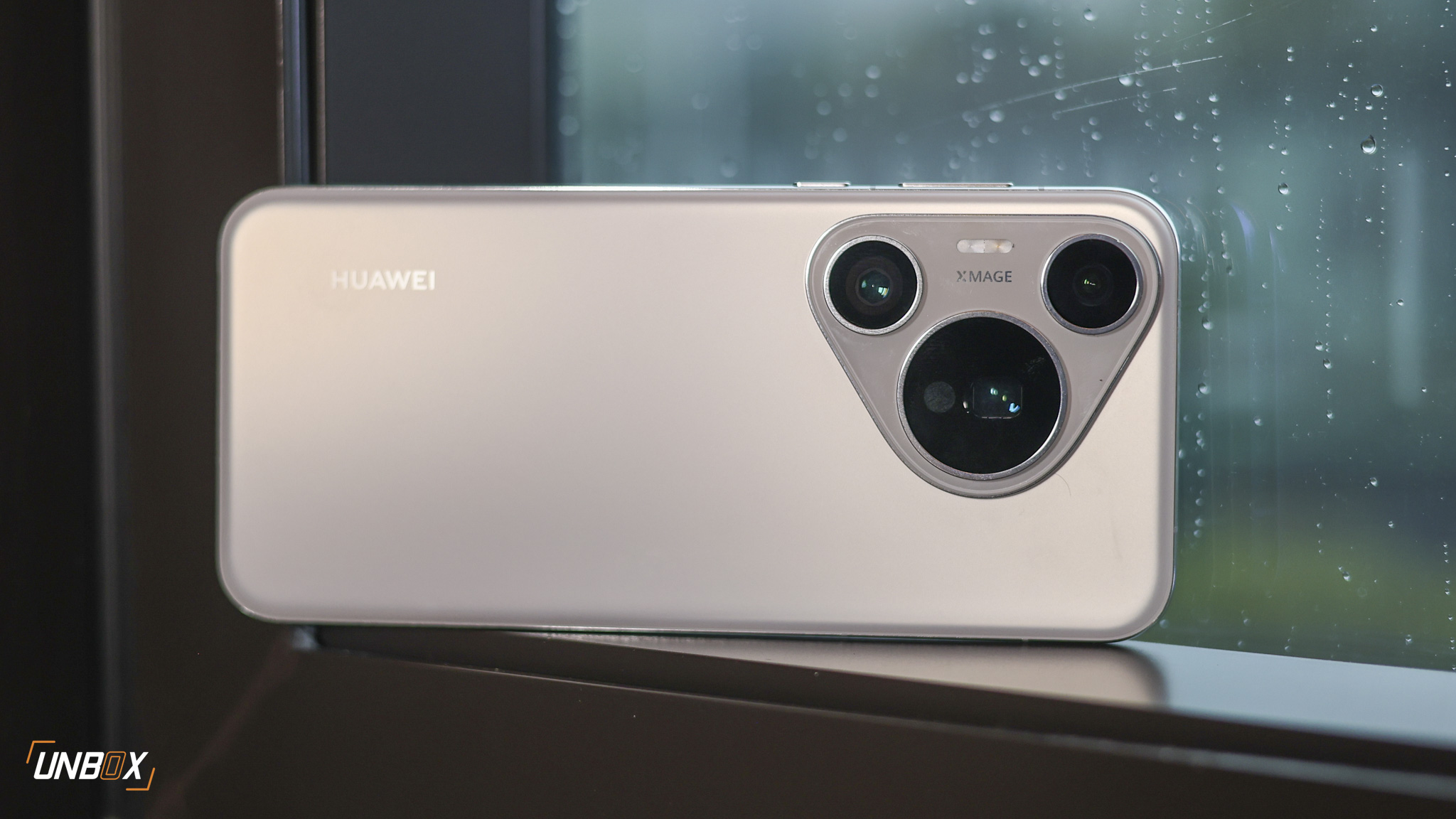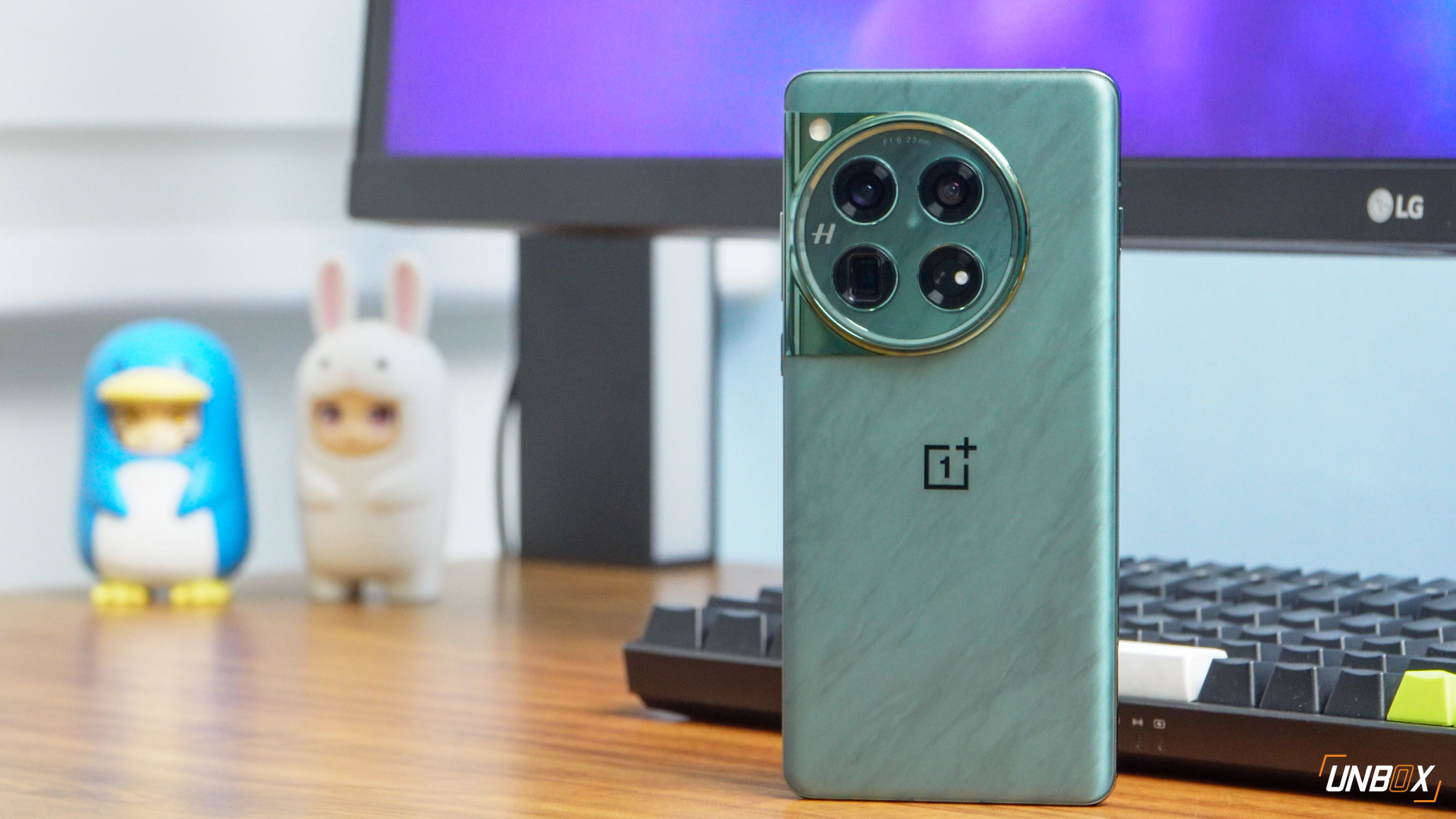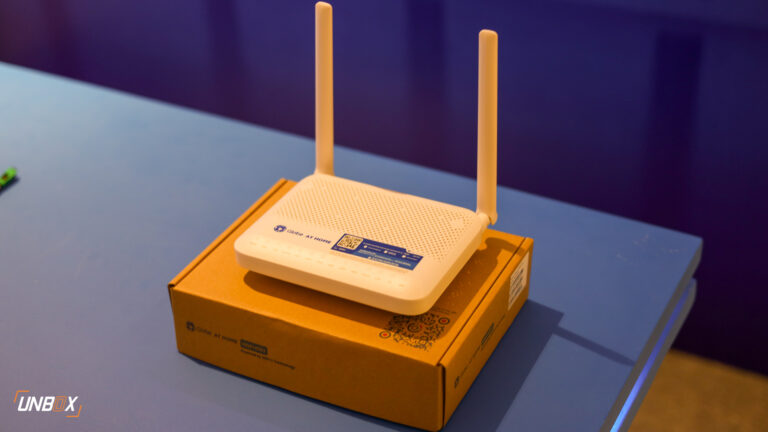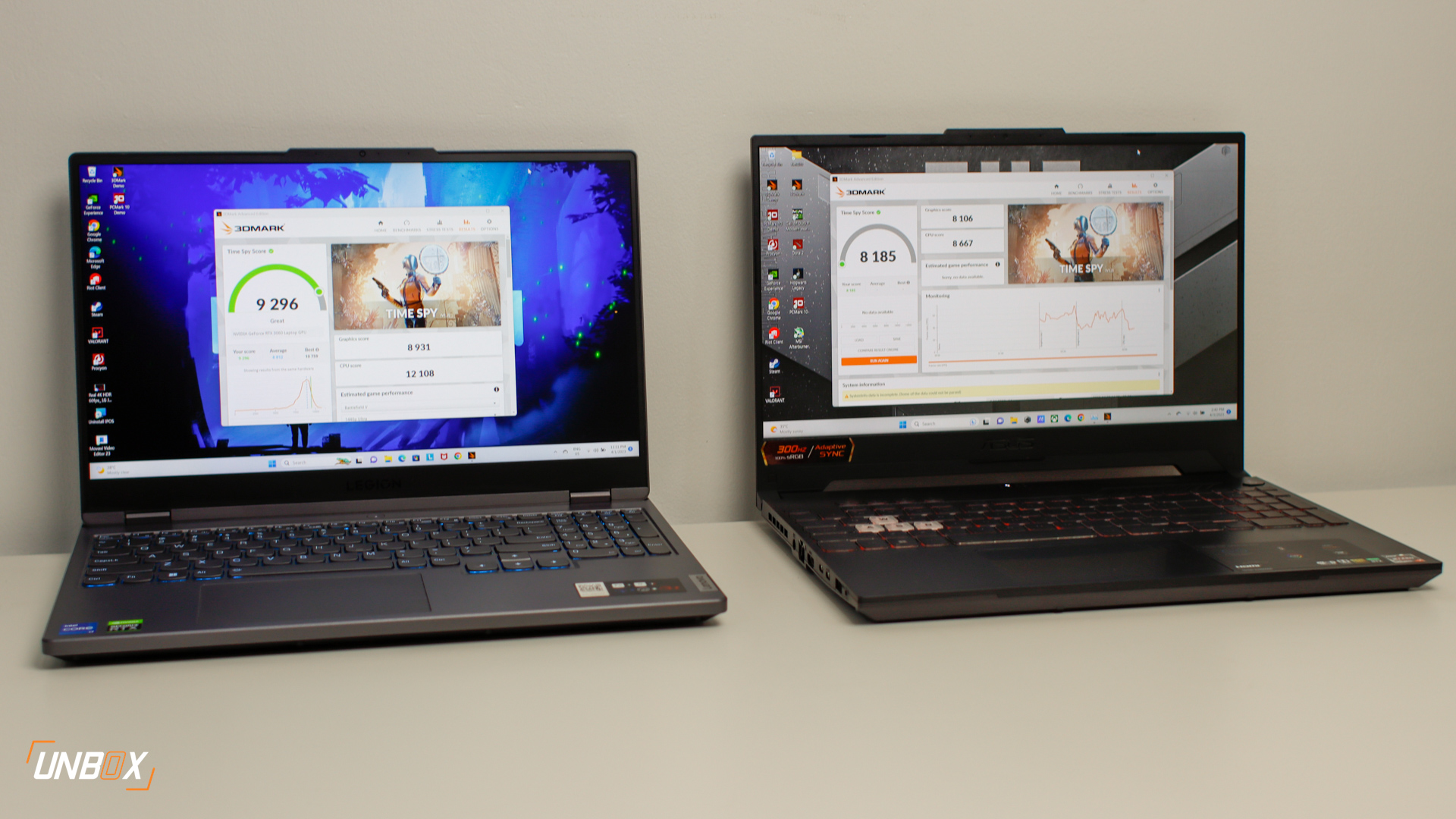When Epic Games launched its own digital storefront in December 2018, the American developer had pretty high aspirations. The creatively named Epic Games Store was supposed to shake up the industry that, at the time, was still dominated by Steam, the platform owned by the legendary studio Valve.
While faced with a daunting task, the Epic Games Store had three powerful weapons at its disposal to put up a fight.

First, it only had a 12% revenue cut from sales compared to the industry standard 30% that Steam and other platform holders like Google and Apple took. Second, the Epic Games Store offered exclusive titles in a bid to attract more players. Lastly, the platform regularly gave away free games to its users, some of them being large, critically acclaimed titles like Grand Theft Auto V, Metro: Last Light Redux, and Control.
But despite all its efforts, the Epic Games Store has yet to turn a profit nearly five years after it was launched, General Manager Steve Allison revealed during the trial for Epic Games’ ongoing antitrust lawsuit against Apple.
Emails shown at court also suggested that Epic Games had hoped to claim half of all PC gaming revenue, The Verge reported. Just to bring us back to reality, Steam is estimated to control between 50% to 75% of today’s market.

So, what went wrong? Well, it seems like people just didn’t like the Epic Games Store.
While understandable, the platform launched without features like cloud-saving and game reviews, things that gamers have come to expect from modern distribution services. The Epic Games Store also antagonized itself with its use of exclusive titles as instead of being a measure that promoted competition, many only viewed it as a hindrance that prevented them from playing games on their chosen platform. The Epic Games Store client itself has been criticized for being slow and clunky, with tech analyst Alexander Battaglia showing Steam’s significant loading advantage in a recent post.
It’s clear that Epic Games needs to step up its efforts if it really wants to remove Steam’s ruling hold on the PC digital games marketplace, but its attention seems to be directed elsewhere. The company is locked in another legal battle against Google and it garnered even more criticism for laying off 16% of its employees just weeks after it announced support for the use of AI in game development.



































































